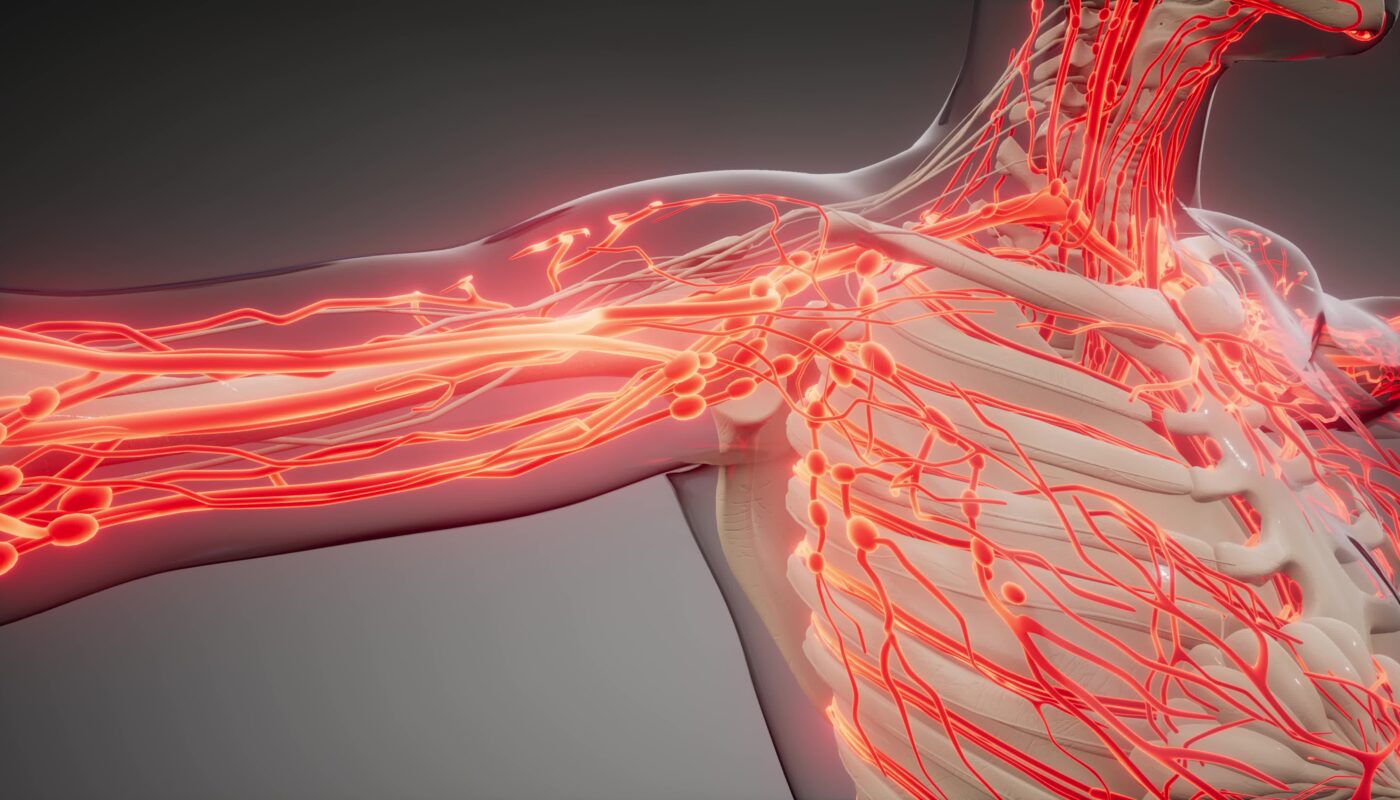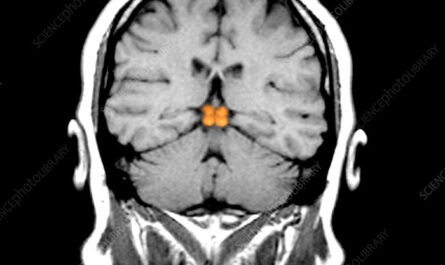A new breakthrough in prompt blood vessel growth has shown promise as a potential treatment for preventing amputations caused by vascular diseases such as diabetes and peripheral arterial disease (PAD). Researchers from Cincinnati Children’s, in collaboration with Kanazawa University in Japan, have uncovered a specific subset of stem cells isolated from adipose tissue (fat) that has proven to be highly effective in inducing blood vessel formation. Their findings, published in the journal Cell Reports Medicine, suggest a potential new avenue for treating critical limb ischemia, a severe outcome of PAD and undertreated diabetes.
According to the Amputee Coalition, about 2 million people in the United States live with an amputation, and an additional 185,000 amputations occur annually. Vascular diseases, including diabetes and PAD, account for 54% of all lost limbs. With the rising prevalence of diabetes worldwide, the number of amputations continues to increase.
The researchers conducted a study to understand why two patients in a clinical trial in Japan recovered fully from limb ischemia, a condition where there is insufficient blood flow to the limbs, leading to tissue damage and potentially requiring amputation. They found that stem cells carrying the CD271 cell surface marker, isolated from adipose tissue, were more effective than other cell types in inducing blood vessel formation. The study also revealed crucial molecular mechanisms involved in this process.
To validate their findings, the researchers transplanted these CD271-positive stem cells into mice with limb ischemia. In every case, the treatment successfully rescued the limbs, preventing the need for amputation. In addition, data analysis from a clinical trial involving patients with foot ulcers supported the potential effectiveness of cell transplantation in humans. The two patients who experienced complete limb recovery had received high numbers of CD271-positive stem cells. These encouraging results, coupled with the consistent benefits observed in the mouse testing, provide a basis for conducting a formal clinical trial.
Currently, the treatment options for PAD involve medications to slow the disease progression and surgical interventions or catheter-based procedures to open blocked arteries in the limbs. However, a significant number of people are ineligible for surgical interventions due to the small size and difficult accessibility of the affected arteries. This leads to a high rate of limb amputations, causing severe pain, disability, and an increased risk of cardiovascular complications.
The researchers believe that their findings offer hope for individuals with critical limb ischemia and undertreated diabetes. Early detection of vascular disease in teenagers and younger children with severe obesity and diabetes highlights the urgent need for effective therapies. The CD271-positive progenitor cells found in adipose tissue provide a potential solution. These cells trigger blood vessel formation and can restore normal blood flow to diseased limbs when transplanted into mice.
While the results of this study are preliminary, the researchers emphasize the need for further evaluation through larger-scale clinical trials to determine the therapeutic value of CD271-positive progenitor cells. One challenge to address is the availability of an adequate number of these cells for transplantation. Insulin resistance, a common characteristic of individuals at high risk for limb ischemia, is associated with lower numbers and reduced activity of CD271-positive progenitor cells. Further research is required to investigate the expansion of these cells in the lab before transplantation.
This groundbreaking research offers a potential breakthrough in the treatment of critical limb ischemia and amputations caused by vascular diseases. The identification of CD271-positive progenitor cells and their ability to induce blood vessel growth provides a new avenue for preserving limbs at risk. Continued research and clinical trials will determine the full therapeutic potential of this novel approach, offering hope to millions of individuals affected by vascular diseases.
*Note:
1. Source: Coherent Market Insights, Public sources, Desk research
2. We have leveraged AI tools to mine information and compile it



